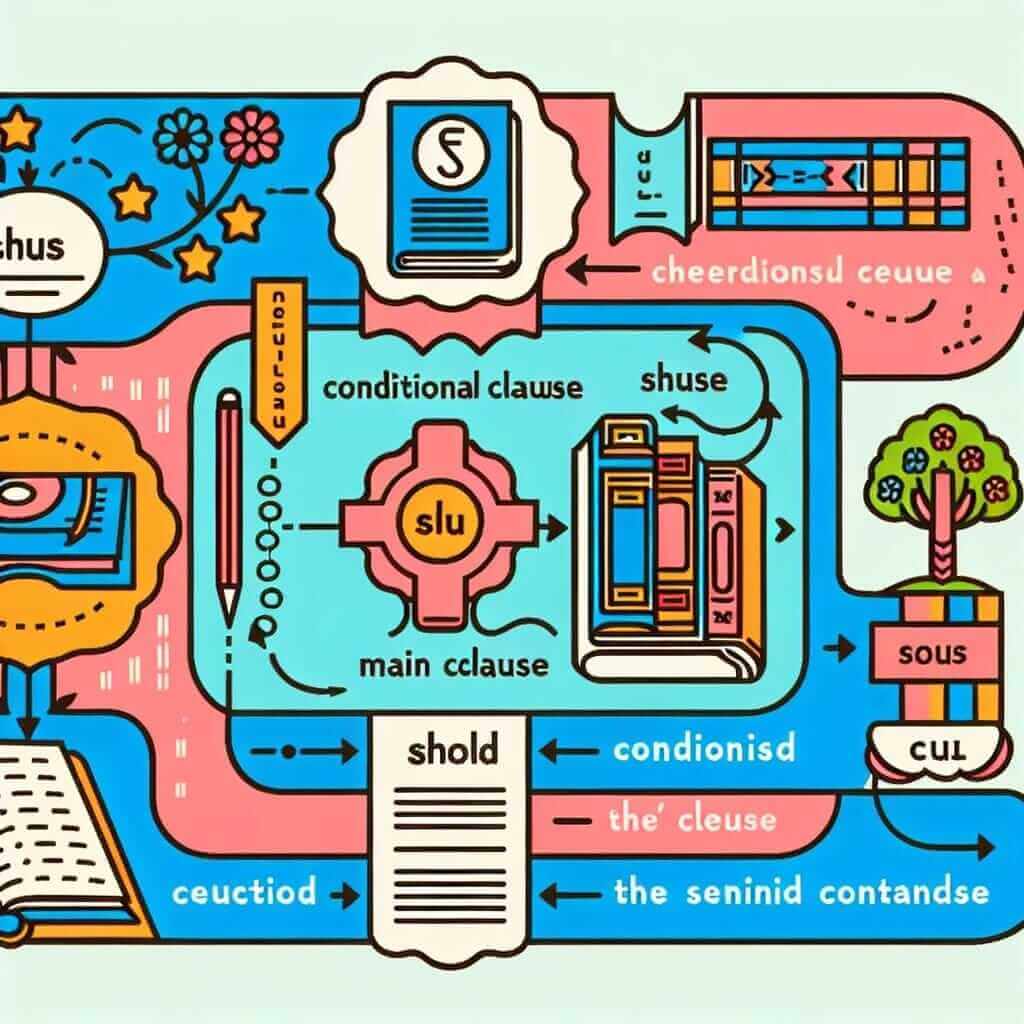The phrase “Should you notice changes, report them” presents a type of conditional statement frequently used in both written and spoken English. Understanding its nuances, particularly for IELTS preparation, can significantly enhance your grammatical range and accuracy.
Here are some examples of how this structure might appear in different sections of the IELTS exam:
Listening: “In case of an emergency, should you notice smoke or fire, please use the stairs.”
Reading: “The doctor advised that should any adverse reactions occur, patients should stop taking the medication immediately.”
Writing Task 1: “Should the trend continue, the city’s population is projected to exceed 10 million by 2030.”
Speaking Part 3: “Well, that’s a complex issue. I think should governments invest more in renewable energy sources, we’d see a significant reduction in carbon emissions.”
As you can see, this construction often signals a hypothetical situation and its corresponding consequence. Let’s delve deeper into its grammatical structure and application for IELTS success.
Deconstructing “Should you notice changes, report them”
Meaning and Usage
This phrase employs a more formal and inverted form of the first conditional. It suggests a possible future situation (“should you notice changes”) and advises on the appropriate action (“report them”).
Here’s a breakdown:
- “Should you notice changes”: This is the conditional clause. “Should” replaces “if” in this inversion, creating a slightly more formal and polite tone. The structure implies that noticing changes is a possibility, not a certainty.
- “Report them”: This is the main clause, outlining the action to be taken if the condition in the first clause is met.
Grammatical Structure and Application
Formula:
Should + Subject + Base Verb …, (then) + Subject + Verb (instruction/advice)
Breakdown for IELTS:
- This structure is particularly useful in IELTS Writing Task 1 when describing potential future trends based on current data.
- In IELTS Speaking, it helps you express opinions and offer solutions in a more sophisticated and nuanced manner.
- Recognizing this structure in IELTS Listening and Reading is crucial for understanding instructions, advice, or potential outcomes.
Mastering the Construction
Example Applications
- Writing Task 1: “Should the current rate of deforestation continue, the rainforest could be completely depleted within a generation.”
- Speaking Part 3: “Should the government decide to invest in public transportation, I believe it would significantly reduce traffic congestion.”
- Listening: (Instruction on a tour) “Should you wish to take photographs, please refrain from using flash photography inside the museum.”

Elevating Your Language
- Using “Were to” for Emphasis: For even greater emphasis on the hypothetical nature of the situation, you can replace “should” with “were to.”
- Example: “Were the government to increase funding for education, we could expect to see a more skilled workforce in the future.”
- Inversion for Formal Tone: Remember, the inverted structure (“Should you…”) is inherently more formal than using “if.” Use it strategically in situations that demand a more formal register, such as in Writing Task 2 essays or Speaking Part 3 discussions.
Common Errors and How to Avoid Them
- Incorrect Tense Agreement: Ensure tense consistency between the conditional and main clauses.
- Incorrect: “Should you see him, give him this message yesterday.”
- Correct: “Should you see him, give him this message.”
- Misplaced Comma: Use a comma after the conditional clause when it comes before the main clause.
- Incorrect: “Should you require assistance contact the front desk.”
- Correct: “Should you require assistance, contact the front desk.”
Conclusion
Mastering the “should + subject + base verb” construction enhances your ability to articulate conditional statements with finesse. By understanding its grammatical structure, applying it correctly in various contexts, and avoiding common pitfalls, you can boost your IELTS score and communicate with greater sophistication in English. Remember to practice incorporating this structure into your writing and speaking practice to build fluency and confidence.